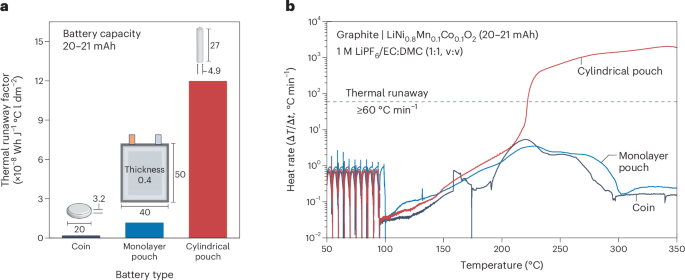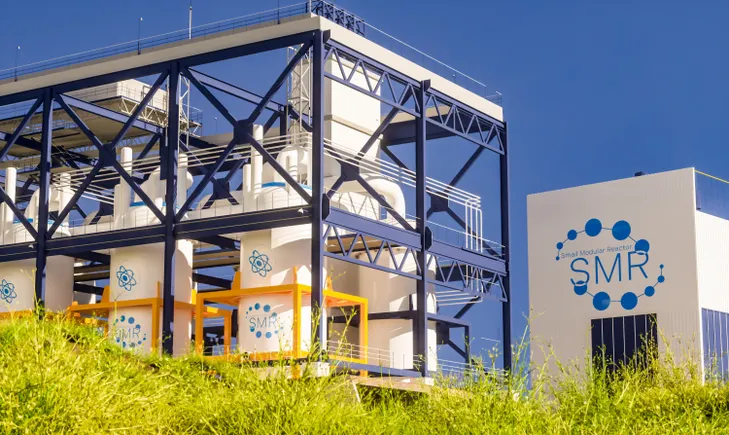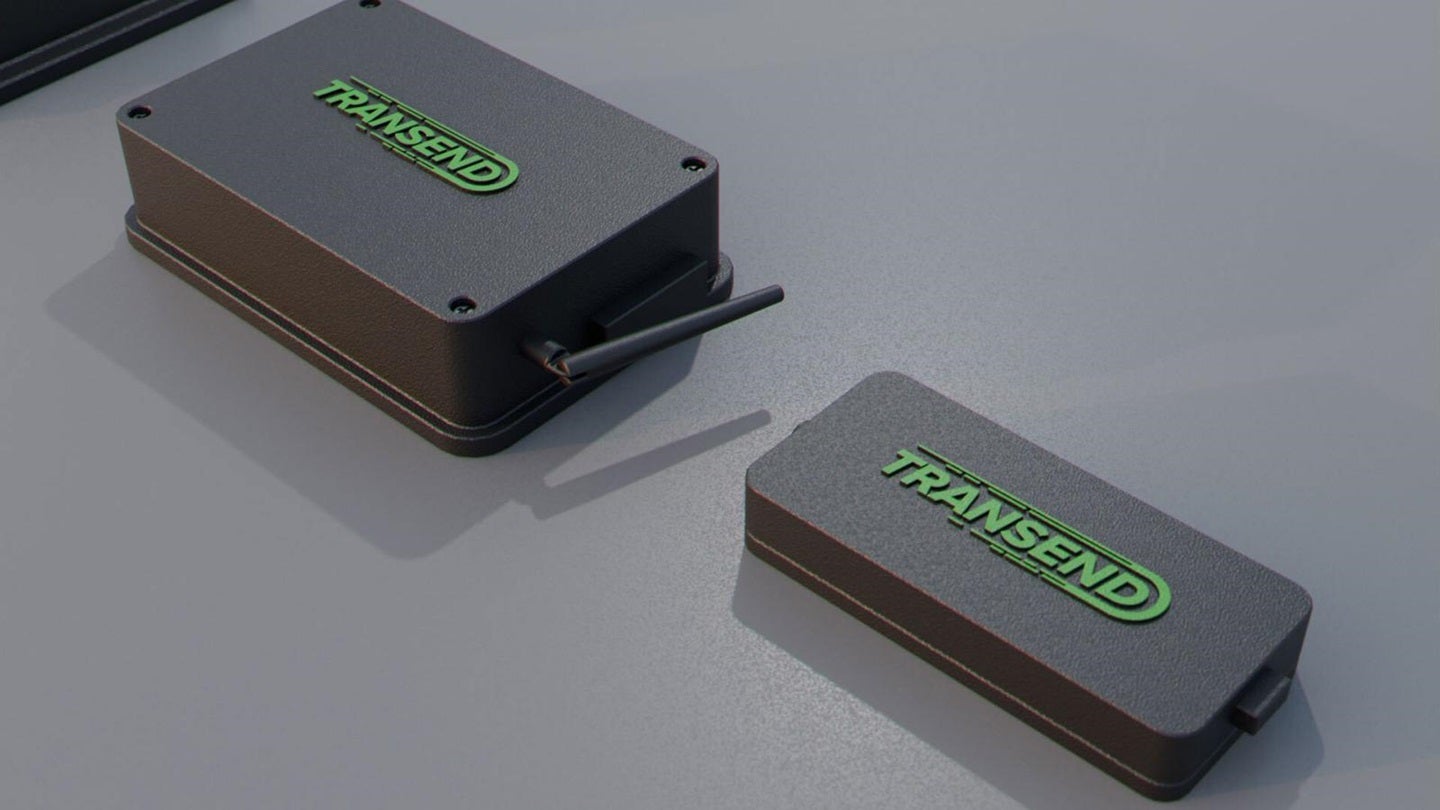Grancalcin Hydrogel Microneedle Patches Alleviate Sepsis via Modulation of Calcium Signaling to Augment Immune Cell Phagocytosis
Advanced Healthcare Materials, EarlyView.

During the progression of sepsis, myeloid-derived immune cells secrete GCA, which facilitates calcium influx to enhance macrophage phagocytic activity. Myeloid-specific knockdown of GCA worsens sepsis outcomes in mice and aggravates sepsis-induced liver and lung injury. The development of GCA-loaded hydrogel microneedles based on GelMA enables sustained transdermal drug delivery, offering an effective therapeutic strategy for sepsis in murine models.
Abstract
Disorders in Ca2+ signaling contribute to many metabolic manifestations of sepsis and are one of the driving forces underlying multiorgan failure. Herein, a compensatory elevation in calcium-binding protein grancalcin (GCA) levels in monocytes and macrophages of patients and mice with sepsis is observed. Gca deletion in myeloid cells displays increased inflammation and organ damage in cecal ligation and puncture-induced sepsis. Mechanistically, GCA enhances the phagocytic function of immune cells by regulating intracellular calcium signaling. A GCA@Acrylate-PEG-NHS/weakly temperature-sensitive gelatin methacrylate (GelMA) microneedle patch (GCA@NHS/GelMA-MNPs) is designed. In vivo experiments demonstrate that this patch establishes a sustained drug release mechanism, boosts the phagocytic capacity of immune cells, and improves sepsis outcomes by restoring Ca2+ signaling homeostasis. These findings suggest that GCA-loaded hydrogel microneedle patches can be a promising new treatment for sepsis.


















































































































































